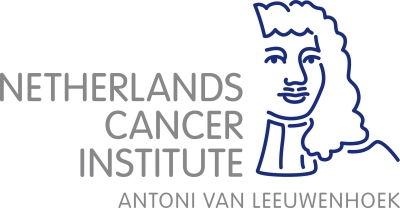Improved Prostate Cancer Management using Imaging Data and Machine Learning
In this project, Erasmus MC, Quantib and NKI join forces to improve clinical decision making in patients with prostate cancer, using advanced analysis with machine learning techniques on MR images of the prostate. Prostate cancer is the most prevalent form of cancer in men and the second leading cause of cancer death. Since the prognosis of the disease of patients with high grade prostate cancer is much worse than for patients with low grade prostate cancer (most patients die with, and not due to cancer), accurate discrimination between high- and low-grade prostate cancer is of utmost importance for patients and clinicians to decide on treatment options and prognosis. In order to improve the management of patients with prostate cancer, improved prognostic models are required that stratify patients into those that will benefit from additional diagnostic procedures and invasive treatments and those that do not. In some patients it may be better to wait and put the patient on surveillance with follow-up MRI scans, while in other cases a biopsy and possibly subsequent treatment is required. For optimal patient stratification we should utilize all available patient and diagnostic information in different stages of the diagnostic and therapeutic process, and make optimal use of knowledge that we can derive from previously seen patients. It is the hypothesis of this project that this can be achieved by applying state-of-the-art machine learning techniques on prospectively acquired multicenter datasets available at Erasmus MC and NKI. The overall goal of this project is to develop a new diagnostic and prognostic tool, called PPCM4, for accurate tumor volume estimation and tumor characterization of low-grade prostatic cancer, to improve patient outcome through precise decisions (selecting the right treatment strategy, surveillance or active treatment, for the right patient).
Based on MRI data of several institutes, tools have been developed to accurately estimate the tumor volume and to characterize the tumor. The tools still have to be validated prospectively in an MDR compliant way.



